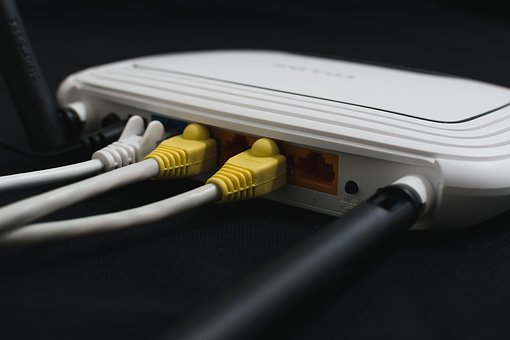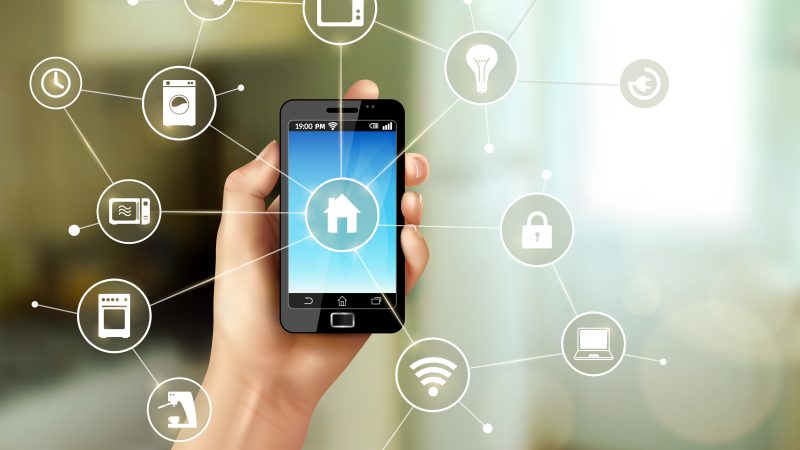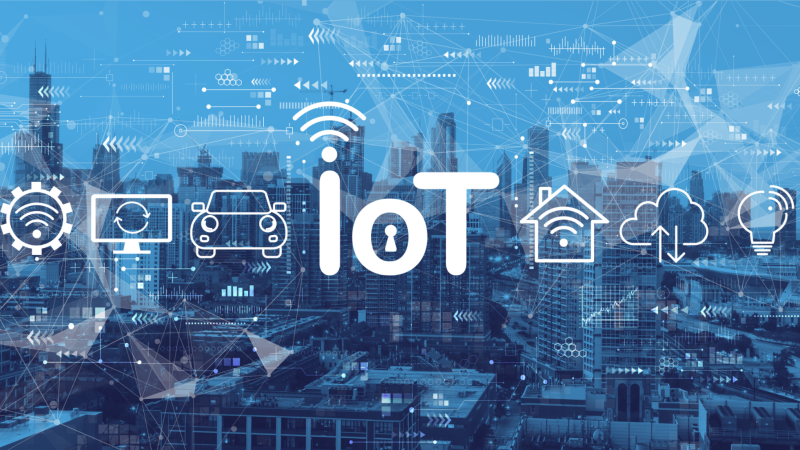Should The Internet Be A Utility?

The pandemic shined a light into a long standing problem of disconnection in the US; the digital divide. According to the FCC, a whopping 19 million Americans or 6 percent of the population doesn’t have access to broadband internet. Out of those 19 million Americans, 14.5 million live in rural areas. These shameful statistics have people asking, should the broadband internet be a utility?
There are two sides to the conversation on whether the internet should be a utility. Many are for it because their towns and cities have run out of options when it comes to improving their internet service. They only have satellite Internet like HughesNet or slow DSL and recognize that the internet speeds they have now are simply not enough, but no internet providers have come in to do anything about it and the current ones serving them will not improve their services. Unfortunately there are many who strongly oppose the idea too. They have made it difficult and in some incidents made it impossible for towns and cities to even have municipal internet.
Reasons Why Internet Should Be A Utility
The pandemic has made it clear that it’s time to reassess how we define the internet. Many across the country are currently calling for it to be declared as a utility. If the pandemic taught us anything outside of staying safe and healthy, it’s shown us how essential the internet has really become. After months and months of American’s adhering to stay at home mandates, they’ve needed the internet more than ever. No one imagined that we’d all be staying home like this unable to go about our daily lives, but imagine if you did it without the internet. There’s 19 million who did just that. Without the internet people couldn’t work, shop, attend school, or stay in touch with their loved ones. No internet has shown how isolating and devastating it truly is to be without it and that’s why so many experts are calling for the internet to be treated in the same way governments treat electricity or water.
Why Internet Won’t Be A Utility
Everyone should have access to broadband internet, but many experts heavily warn against making the internet a public utility. Doing so would likely make underserved and unserved areas only have access to one provider, building up empires of monopolies. The Internet as a monopoly would have the same problems that public utilities have now; one provider per one area with no competition gives no incentive to ever provide better services. While having internet versus no internet sounds like an improvement, there’s zero incentive for these monopolies to provide internet at an affordable price or usable internet speeds.
Right now, municipal internet is the closest this country has to the internet being a utility and it already has run into some serious opposition. The viability of municipal broadband significantly varies from state to state. Some states have outright bans while others have heavy regulations and additional tax burdens that come along with having municipal internet. Even in areas where there aren’t laws against municipal internet, Internet providers like Verizon and Comcast have spoken out against it. No matter which side you’re on, making the internet widely available will be no easy feat.


![Putlocker Proxy | Putlocker online Alternatives Sites [100% Working] Updated List](https://technonguide.com/wp-content/uploads/2020/07/putlocker-800x450.jpg)



